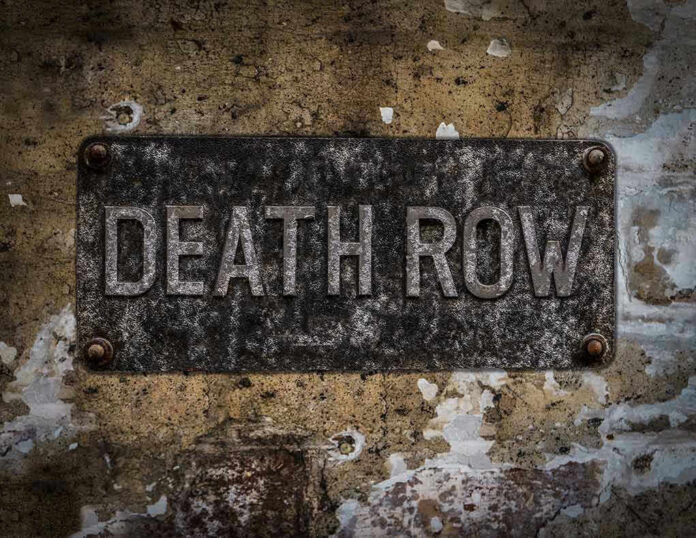Bangladeshi prosecutors are demanding the death penalty for exiled former Prime Minister Sheikh Hasina over her alleged orchestration of a deadly crackdown that killed up to 1,400 protesters, marking an unprecedented case of political retribution that exposes the dangerous cycle of authoritarian overreach.
Story Overview
- Prosecutors seek death penalty for ex-PM Sheikh Hasina over 2024 student protest crackdown that killed 1,400
- Hasina fled to India and refuses to recognize court authority, being tried in absentia for crimes against humanity
- Audio evidence allegedly shows Hasina ordering lethal force against protesters challenging government corruption
- Trial occurs amid political instability as Bangladesh prepares for elections under interim government
Death Penalty Demanded for Mass Killings
Chief prosecutor Tajul Islam formally requested the “highest punishment” for Sheikh Hasina and her co-defendants on October 16, 2025. The prosecution alleges Hasina directly ordered security forces to use lethal force against student-led protesters during July-August 2024 demonstrations. Audio evidence presented in court purportedly captures Hasina commanding the deadly crackdown that resulted in up to 1,400 deaths according to United Nations estimates. This represents one of the most severe accusations of state violence in Bangladesh’s recent history.
Trial Proceeds Despite Defendant’s Absence
Hasina remains in exile in India, defying multiple court orders to return and face charges. Her legal team refuses to recognize the tribunal’s legitimacy, calling the proceedings politically motivated. The trial has proceeded in absentia since June 1, 2025, with Hasina already convicted of contempt of court in July and sentenced to six months imprisonment. Co-defendant and former police chief Chowdhury Abdullah Al-Mamun has pleaded guilty while in custody, but ex-interior minister Asaduzzaman Khan Kamal also remains a fugitive.
Political Weaponization Raises Constitutional Concerns
The timing of this prosecution ahead of national elections raises serious questions about due process and political weaponization of the judiciary. Hasina’s now-banned Awami League party categorically denies all charges, while her family members face separate corruption accusations in what appears to be a systematic campaign to eliminate political opposition. This pattern mirrors the dangerous precedent of using courts to settle political scores rather than ensure genuine justice. Such prosecutions undermine constitutional principles and threaten the foundation of democratic governance.
Broader Implications for Regional Stability
The case creates diplomatic tensions with India, which is harboring Hasina, and sets a troubling precedent for prosecuting former leaders. Legal experts warn that trials in absentia and politically motivated prosecutions erode judicial credibility and democratic norms. The interim government’s handling of this case will significantly impact Bangladesh’s international standing and future political stability. The systematic targeting of political opponents through the legal system represents the kind of authoritarian overreach that undermines constitutional protections and individual liberty.
While accountability for genuine crimes is essential, the politicized nature of these proceedings and their timing suggest a concerning pattern of using state power to eliminate political rivals rather than pursue true justice.
Sources:
Bangladeshi prosecution demands death penalty for ex-prime minister Hasina
Bangladesh prosecutors seek death penalty for ex-PM Hasina over protest crackdown
Bangladesh former prime minister Sheikh Hasina death penalty protest deaths











